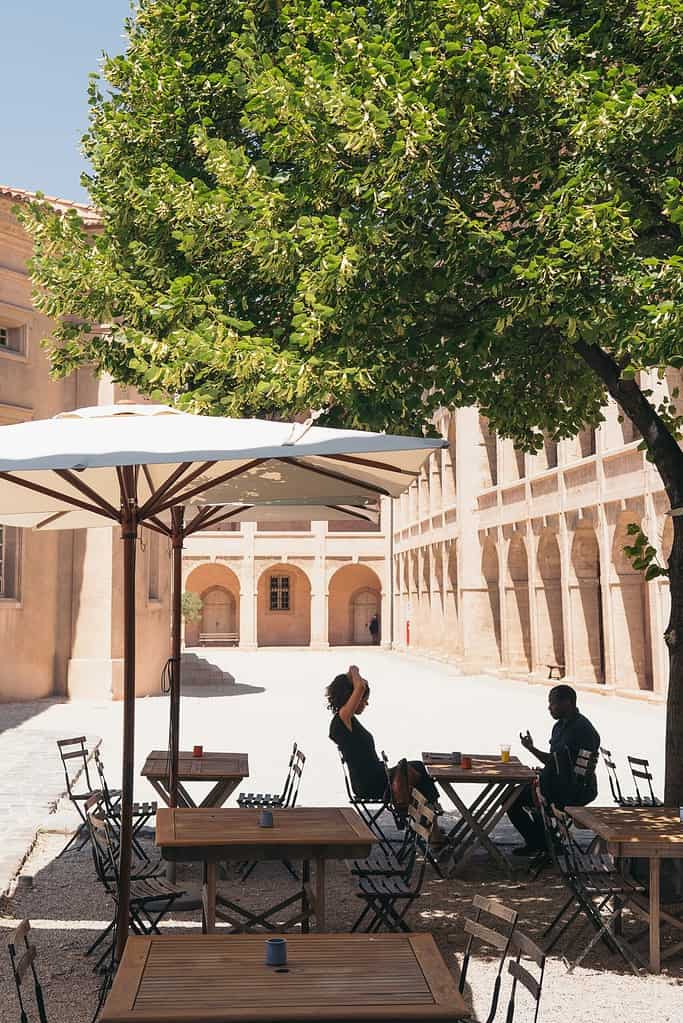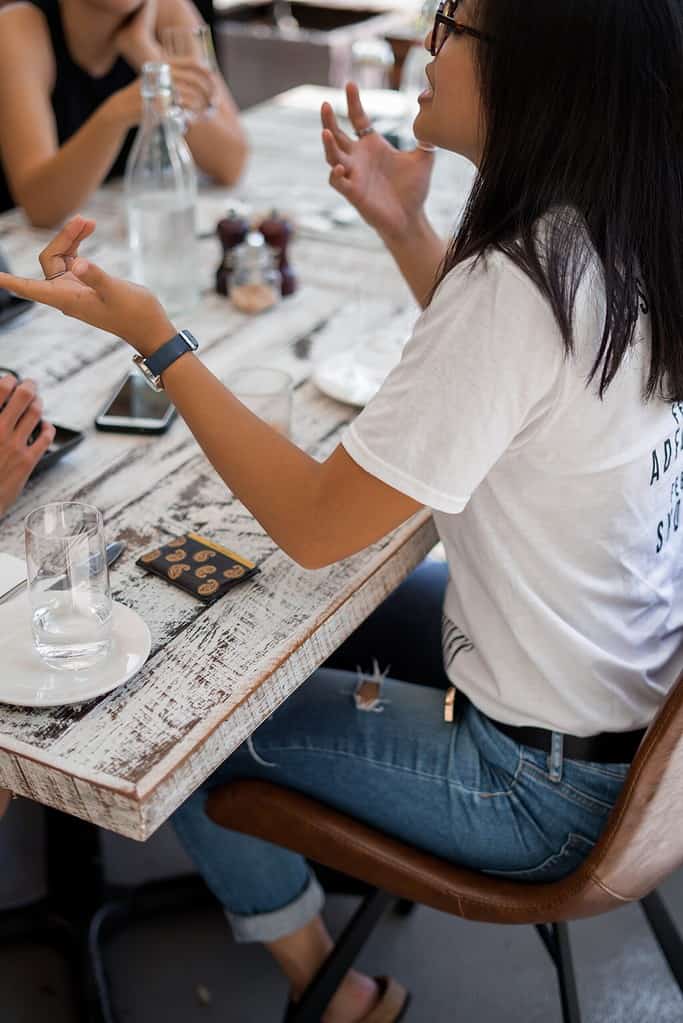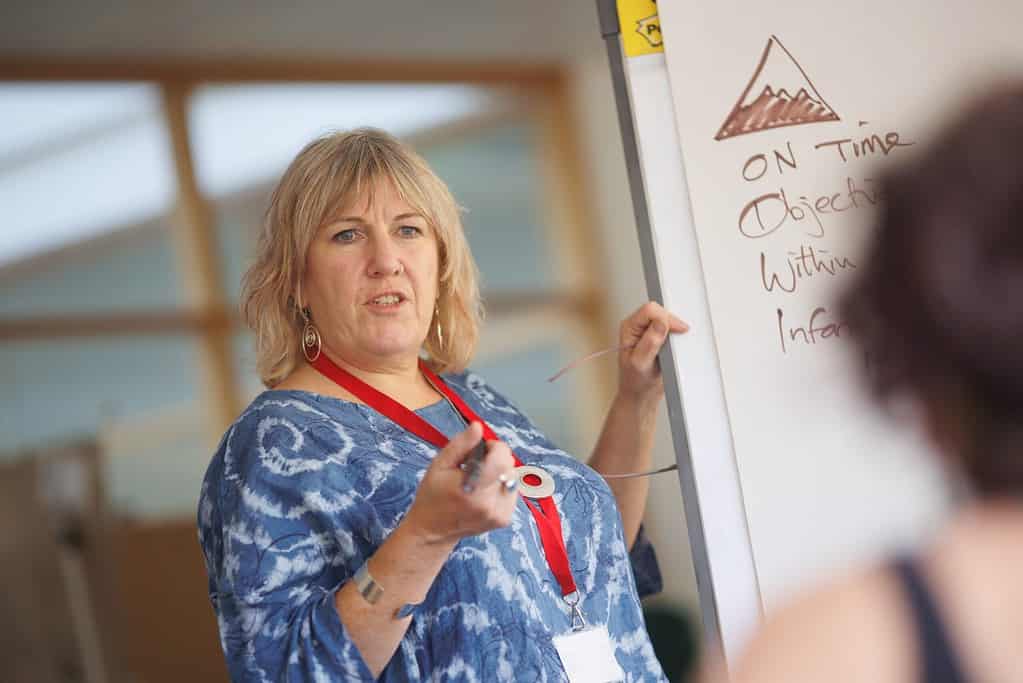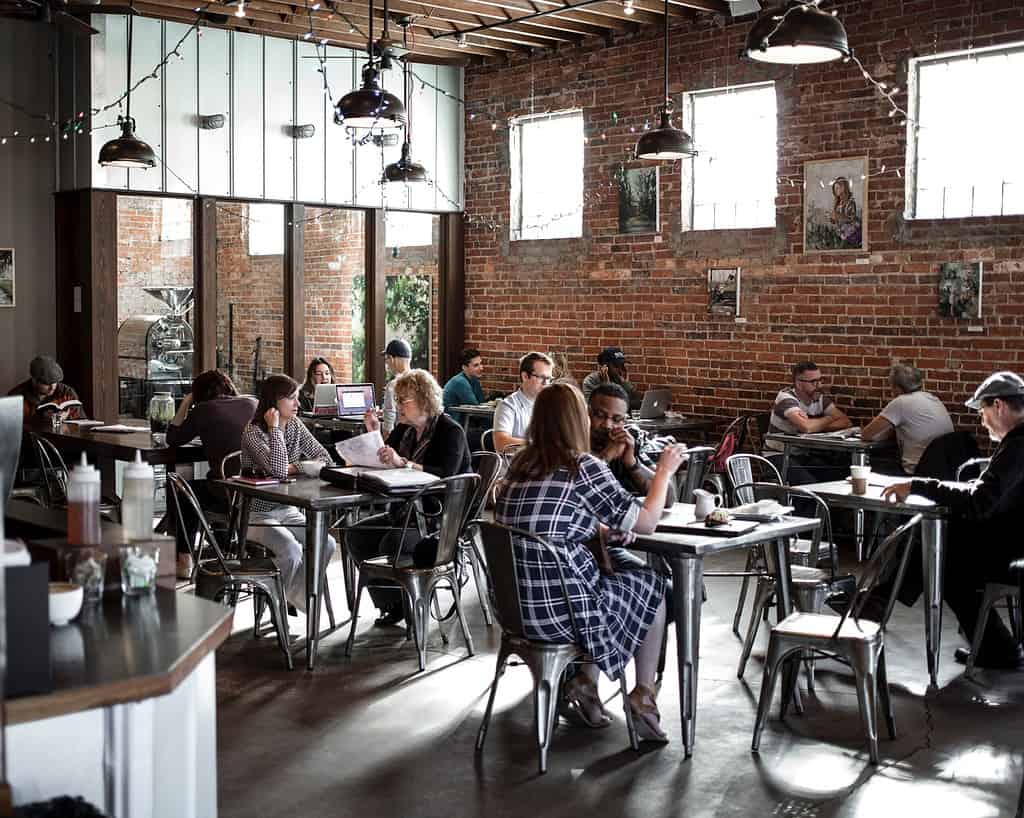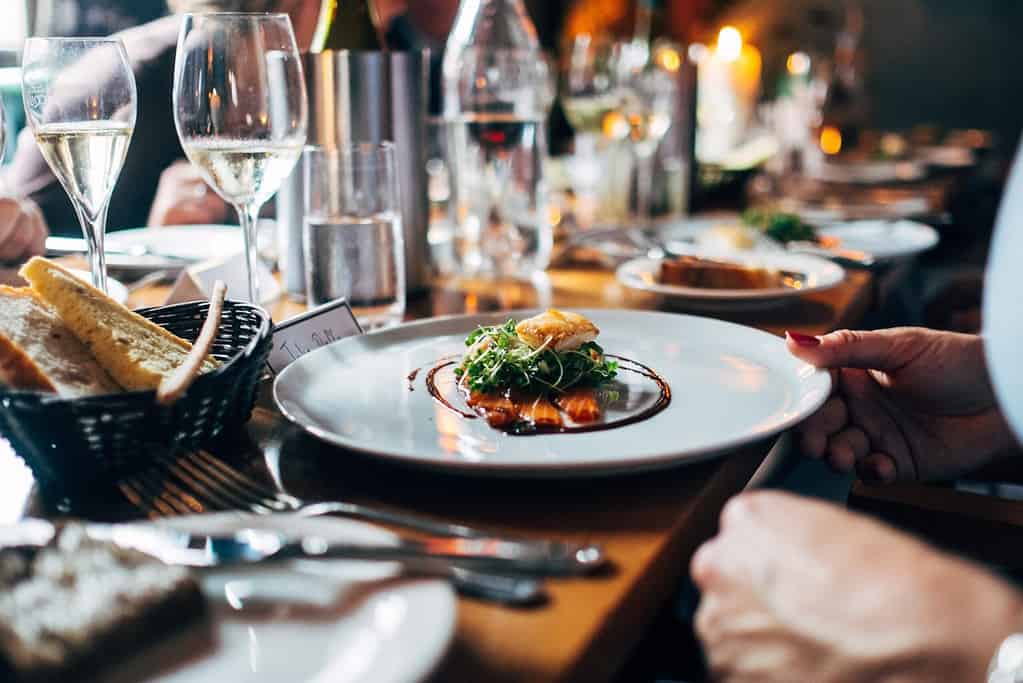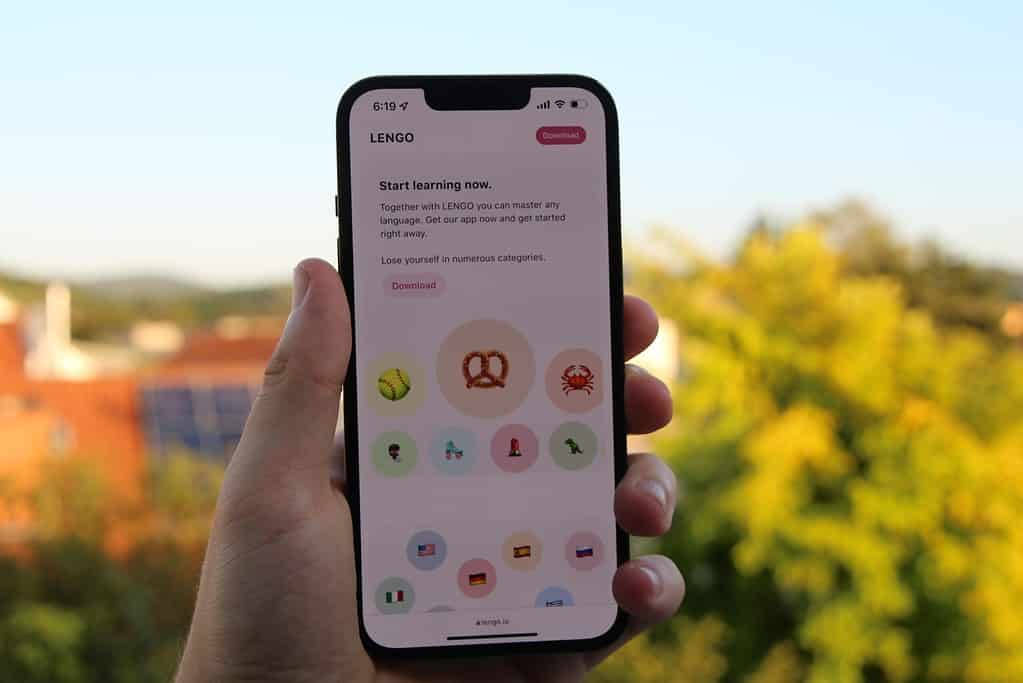Learning French doesn’t have to be confined to the pages of a textbook or endless vocabulary drills. Imagine combining the beauty of nature with the joy of acquiring a new language. Dry your metaphorical water bottle and get ready to explore how environmental conservation activities can enrich your French vocabulary while nurturing a greener planet. Platforms like swaplang offer English speakers an engaging way to boost conversational French through dynamic cultural experiences.
Benefits of Learning French Through Conservation
Integrating your passion for the environment with language learning can be a game changer. When you participate in conservation activities, you naturally gain exposure to new terminology such as “la biodiversité” (biodiversity) and “la durabilité” (sustainability). These experiences enable you to connect real-life actions to the French words associated with them, making vocabulary retention less abstract and more organic. Every time you discuss a tree-planting event or a beach clean-up, you’re not just building your environmental awareness—you’re also reinforcing your French vocabulary in context. This method helps break down language barriers by intertwining them with hands-on activities that actively benefit the planet.
Types of Environmental Activities Suitable for Language Practice
There is no shortage of eco-friendly initiatives that double as immersive language lessons. Think local community gardens, tree planting drives, wildlife conservation tours, and beach clean-ups in French-speaking regions. If you ever find yourself in areas like French Polynesia, you might even witness phenomena such as the creation of the world’s largest marine protected area, an initiative detailed by Time magazine. Similarly, projects like the Algerian Green Dam or conservation areas like the Mayotte Marine Natural Park (see Algerian Green Dam and Mayotte Marine Natural Park) provide ample opportunities to use environmental vocabulary on the ground. These activities encourage you to engage with native speakers on topics like waste management, renewable energy, and wildlife protection, thus enriching your everyday French conversations.

Vocabulary and Phrases for Eco-Conscious French Learners
To make the most of your conservation adventures, having a ready arsenal of environmentally themed French vocabulary and phrases is essential. Learn words like “écologie” (ecology), “éco-responsable” (eco-friendly), “recyclage” (recycling), and “protection de l’environnement” (environmental protection). Phrases such as “Comment peut-on améliorer la durabilité ici?” (How can we improve sustainability here?) or “J’aimerais participer à la restauration de cet habitat naturel” (I would like to participate in restoring this natural habitat) are perfect for discussions during conservation events. This specialized vocabulary not only helps you communicate more clearly with French speakers but also integrates you into the environmental community. For a fun twist on learning, consider exploring resources that combine language with interactive activities, like the engaging insights shared in Mastering French Through Gardening: Language Tips.
How to Get Involved in Conservation Efforts in French-speaking Areas
If you’re wondering how to join conservation initiatives while polishing your French, start by looking for local organizations or community events in French-speaking regions. Many conservation programs welcome volunteers regardless of your language proficiency. Engage with community centers, environmental NGOs, or even university-led projects. For instance, you might come across a local beach clean-up event where the organizers communicate in French, providing a perfect setting to practice your language skills in a real-world context. Additionally, reaching out to native speakers through platforms like swaplang can connect you with fellow eco-conscious learners who share tips and stories from their own conservation projects. If you’re interested in more creative methods to learn, you can also check out innovative approaches like those found in immersive virtual reality experiences, which simulate real-life environments for practice.
Success Stories: Language Learners Making an Environmental Impact
There’s nothing more inspiring than real-life examples of people who have successfully merged language learning with environmental action. Consider the learners who have participated in local reforestation projects in Quebec or coastal clean-up activities in France. Their journeys often start with a simple desire to improve their French and quickly evolve into a passion for conservation work. These success stories illustrate how natural settings can turn language practice into vibrant, memorable adventures. Such initiatives not only help learners master vocabulary related to nature and sustainability but also fuel their commitment to making an environmental impact. Discover inspiring case studies and authentic accounts of eco-friendly language learning that are shaping the future of community engagement and language mastery. These narratives not only teach you useful expressions but also provide practical tips for using French in everyday life.
If you’re ready to blend your commitment to environmental conservation with your French language journey, why not take the next step today? Embrace hands-on learning by joining a local conservation project or exploring immersive digital experiences that offer real-world practice. Connect with native speakers and uncover a world where language learning and environmental stewardship go hand in hand. Sign up for swaplang now to start your journey towards fluency while making a positive impact on the planet. Visit swaplang to get started.




